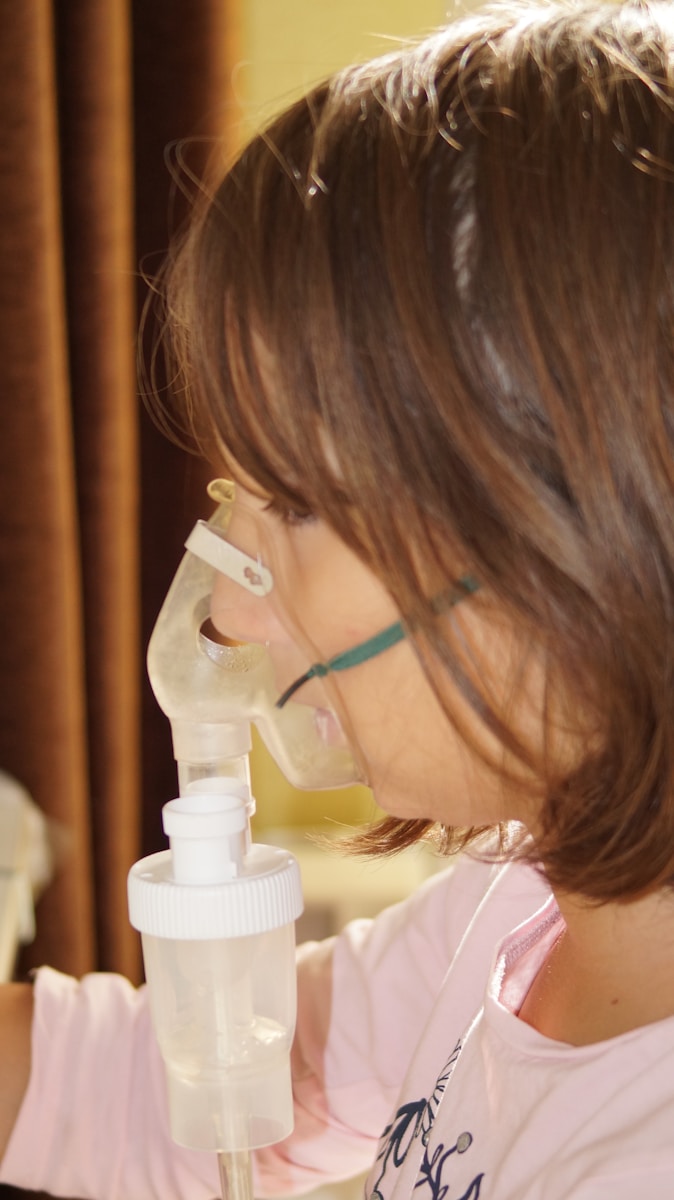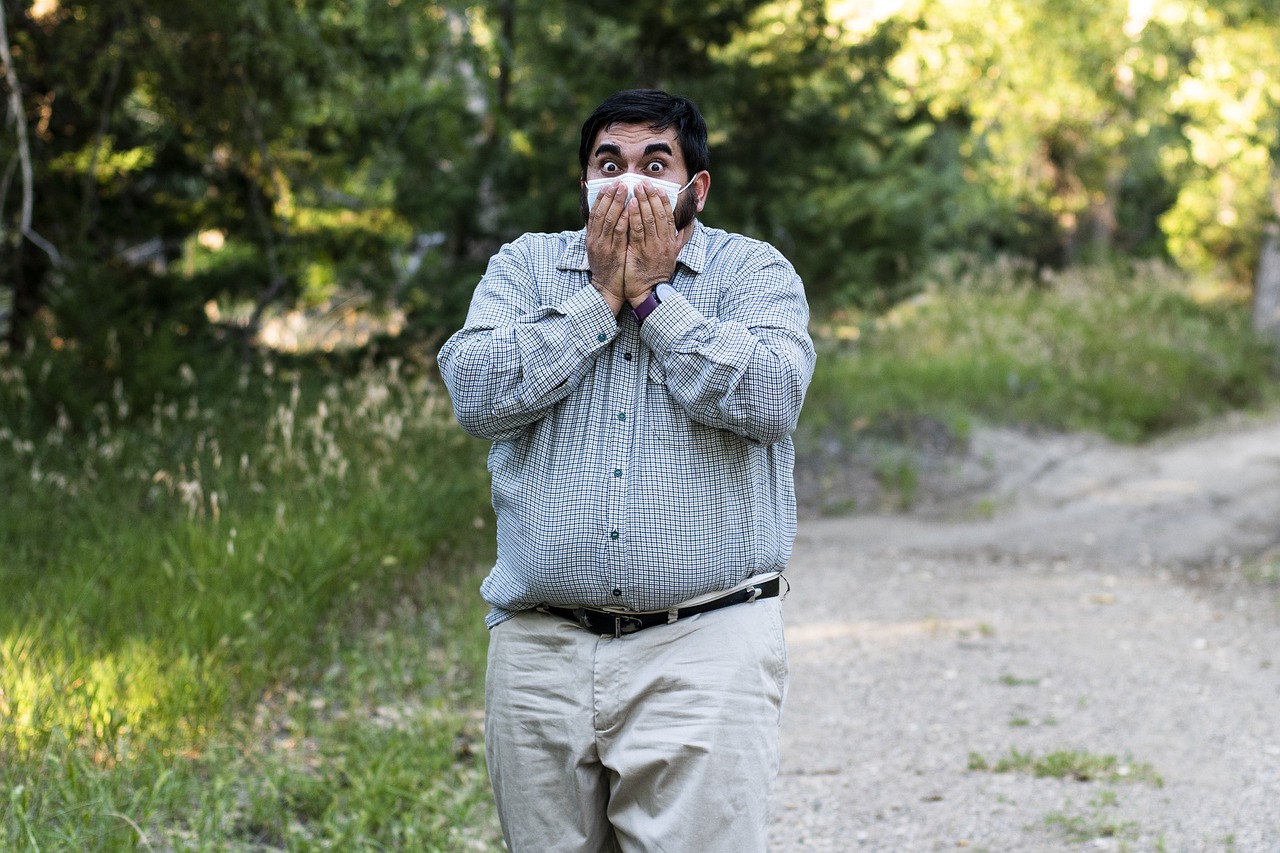Allergy Tips Near Top 10 Seasonal Allergies in Virginia: Symptoms and Relief Tips
Top 10 Seasonal Allergies in Virginia: Symptoms and Relief Tips for Effective Allergy Management at Virginia Wellness Hub – Your Go-To Resource for Allergy Tips and Solutions in Virginia
Essential Allergy Tips for Seasonal Relief in Virginia
Virginia’s picturesque landscapes come alive with vibrant flora each season, but for many, this beauty brings the challenges of seasonal allergies. Understanding how to effectively manage these allergies can significantly improve your quality of life. Here, we provide you with essential Allergy Tips to navigate through the allergy seasons while enjoying the natural beauty of Virginia.
Top 10 Seasonal Allergies in Virginia: Symptoms and Relief Tips
Seasonal allergies can manifest in various ways, and knowing the common triggers is crucial for effective management. In Virginia, the top 10 seasonal allergies typically include:
- Pollen from trees (Oak, Cedar, Birch)
- Grass pollen (Ryegrass, Bermuda grass)
- Weed pollen (Ragweed, Sagebrush)
- Mold spores
- Dust mites
- Pet dander
- Cockroach droppings
- Air pollution
- Humidity
- Weather changes
Each of these allergens can lead to symptoms such as sneezing, nasal congestion, itchy eyes, and even respiratory issues. Knowing these can help you take proactive steps in managing your exposure.
Recognizing Symptoms: What to Look For
When facing seasonal allergies, it is essential to recognize the symptoms early. Common signs include:
- Frequent sneezing and runny or stuffy nose
- Itchy, watery eyes
- Coughing or wheezing
- Fatigue and headaches
- Skin rashes or irritations
Identifying these symptoms will allow you to take swift action to alleviate discomfort and maintain your daily activities.
Proven Allergy Tips for Relief
To combat seasonal allergies in Virginia effectively, consider the following Allergy Tips:
- Stay indoors during high pollen counts, particularly in the morning.
- Use air purifiers with HEPA filters to reduce indoor allergens.
- Avoid outdoor activities on windy days when pollen is easily dispersed.
- Shower and change clothes after spending time outdoors to wash off allergens.
- Consult with healthcare providers for anti-allergy medications or treatments.
Implementing these tips can significantly reduce your exposure to allergens and help manage symptoms effectively.
Seasonal Changes: Understanding the Impact
As the seasons change in Virginia, so do the allergens present in the environment. Spring typically brings tree pollen, while summer introduces grass pollen, and fall is notorious for ragweed. By staying informed about the Top 10 Seasonal Allergies in Virginia: Symptoms and Relief Tips, you can prepare for each season’s challenges and stay ahead of your allergies.
When to Seek Professional Help
For many individuals, over-the-counter solutions may suffice. However, if symptoms persist or worsen, it’s advisable to seek professional guidance. Allergists can perform tests to identify specific allergens and recommend tailored treatment plans to alleviate your symptoms effectively.
Your Path to Relief Starts Here
With the right knowledge and strategies, managing seasonal allergies in Virginia becomes significantly more manageable. By following our Allergy Tips and understanding the Top 10 Seasonal Allergies in Virginia: Symptoms and Relief Tips, you can reclaim your enjoyment of the outdoors. Don’t let allergies hold you back—prioritize your well-being and take proactive steps towards relief.
Keywords: allergy tips, seasonal allergies, Virginia allergies, allergy relief, pollen count, allergy symptoms, Virginia wellness, spring allergies, allergy management, allergy season, hay fever, indoor allergens, outdoor allergens, allergy treatments, health tips
news via inbox
Stay Connected
Specializing in:








